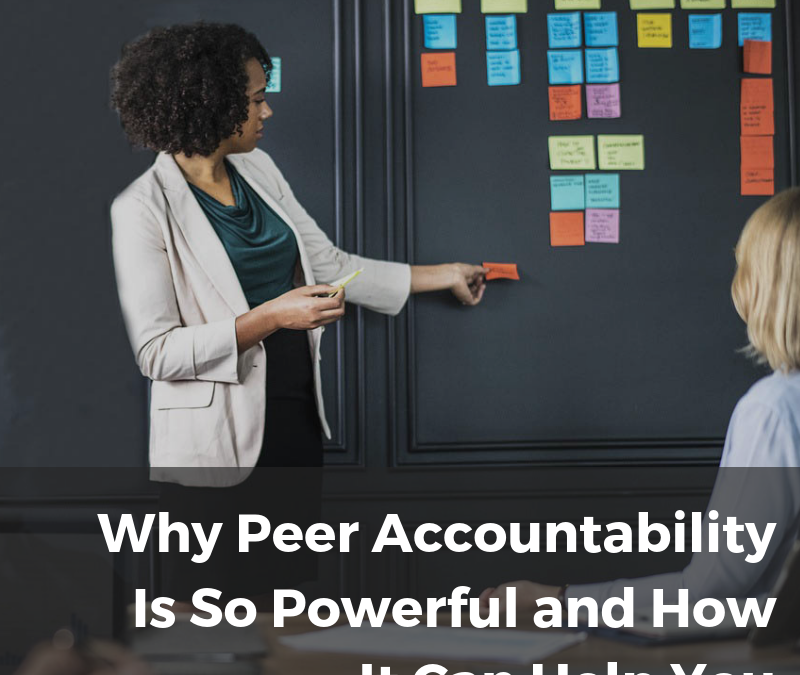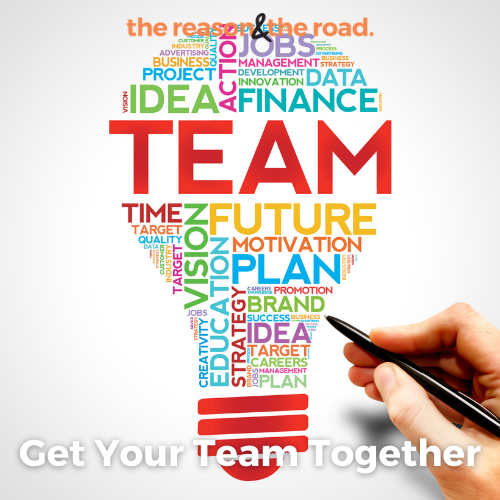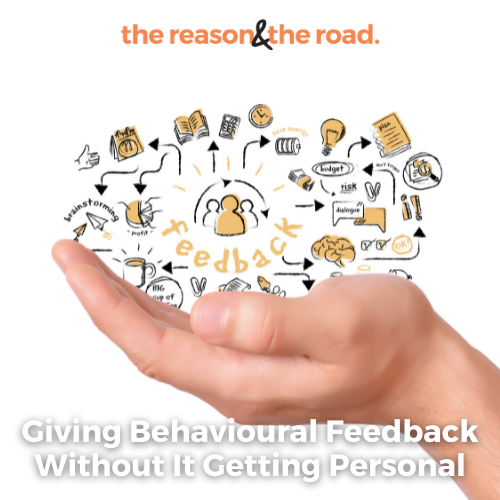
How To Keep Your Team Focused While Big Things Change Around You
October 22, 2018
Want To Be More Strategic? First Free Yourself Up To Create Time for Future Results
November 27, 2018There’s three types of accountability, and most of us recognise that at some level, we need some accountability to get us motivated.
- Self-Accountability
- Coaching and Accountability
- Peer Accountability
The first one’s the one we typically use, which is self-accountability, which is where we’ve gotta have this internal battle with our self to get our stuff done, and it can be really hard.
The second one, coaching and accountability, is when you’d need someone else to sort of come and keep you accountable. But I also think that just feels like your teacher at school trying to get you to do your homework, and it’s kind of a bit icky and a bit awkward.
And last but not least, I reckon that one of the most powerful things is peer accountability, and that’s where you form into a group and you all set goals and keep each other accountable. I reckon it’s the future of learning, and I think you can harness it in your teams and in your organisations to do amazing things.
There’s sort of two assumptions you can work on with how life plays out. Many of the Harvard Business School textbooks talk about life like a train, or I use the example of a set of train tracks.
The train track analogy basically says that we start at here, X, and we end at the next station, (X).

And it’s pretty much like a linear, straight-line journey in between, right? You know, there’s not many things that throw us off track, and there’s not many things that go wrong.
Is that true for you?
Yes or No?
No, I hope, for most people, or I suspect no, life doesn’t work that way. Alright? Life is an up and down journey.

To get to here, (X), all of us have gotta at times struggle with the downs and try and leverage the ups to get to our end point.
And so, we’re gonna talk about peer accountability. Which is, trying to keep yourself accountable when you’re at those low points, and trying to stop yourself from getting too self-absorbed when you’re at the top points, is really hard.
And the same with using a coach. Now, a coach is very important, but you need to have other people around you so that they can support you to get back on track when you’re here, (X),

and they can help you use this so that that line keeps going up, rather than continuing to go down.
So, how does it work?

Basically, what you do is, up here, you set a scorecard with three or four other people in the organisation, and you make commitments to yourself, okay, about the X, Y, Z, A, B, C, whatever it is, the four or five things that you want to achieve in the 12 months ahead.

Then, what you do is, you aim to meet on a regular rhythm and ask yourselves two questions:
- What wins have you had?
- what do you need to get to your end goals?
You can have a coach involved, but you don’t necessarily need to. All you need is a system. And one of the great things about it is,
- When you try to keep yourself accountable, it’s hard
- When the coach is doing it, it creates tension with them
- When it’s with your peers, and when it’s with a group of three or four people you trust, it’s just a great learning environment to find solutions to help you achieve what you want.
So, what does this mean for you?
You could do a few things with this.
First one is, if you wanted to get three or four people that are similar to you, and you wanted to put them into a framework like this, you could do that amazingly successfully.
The second is, if you want to talk about how this framework works and how I put this in place for groups of leaders and organisations, you’ll find a contact link down below, and send me a message and I can talk you through in detail about how this works.
Talk to you soon on The Reason & The Road.




